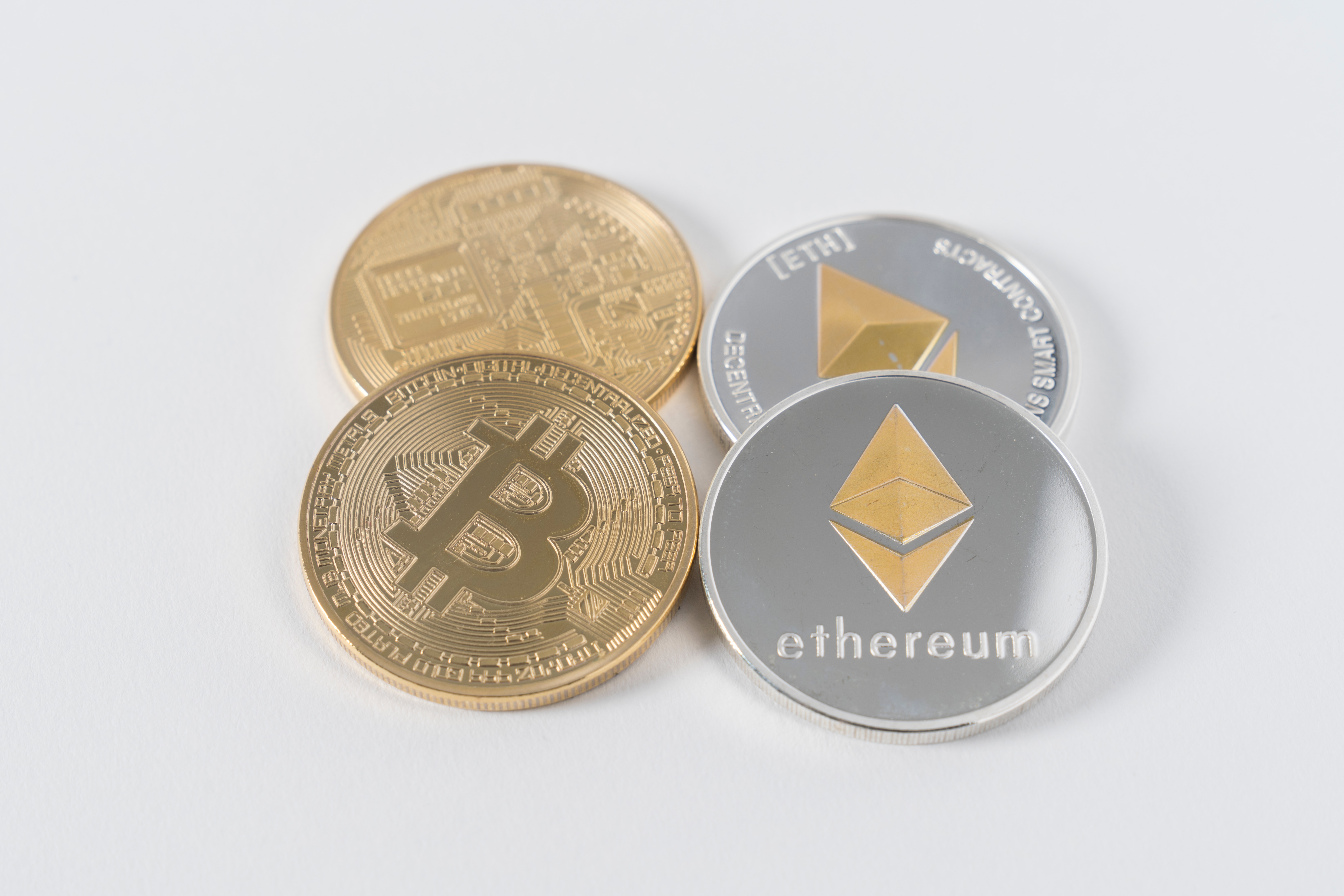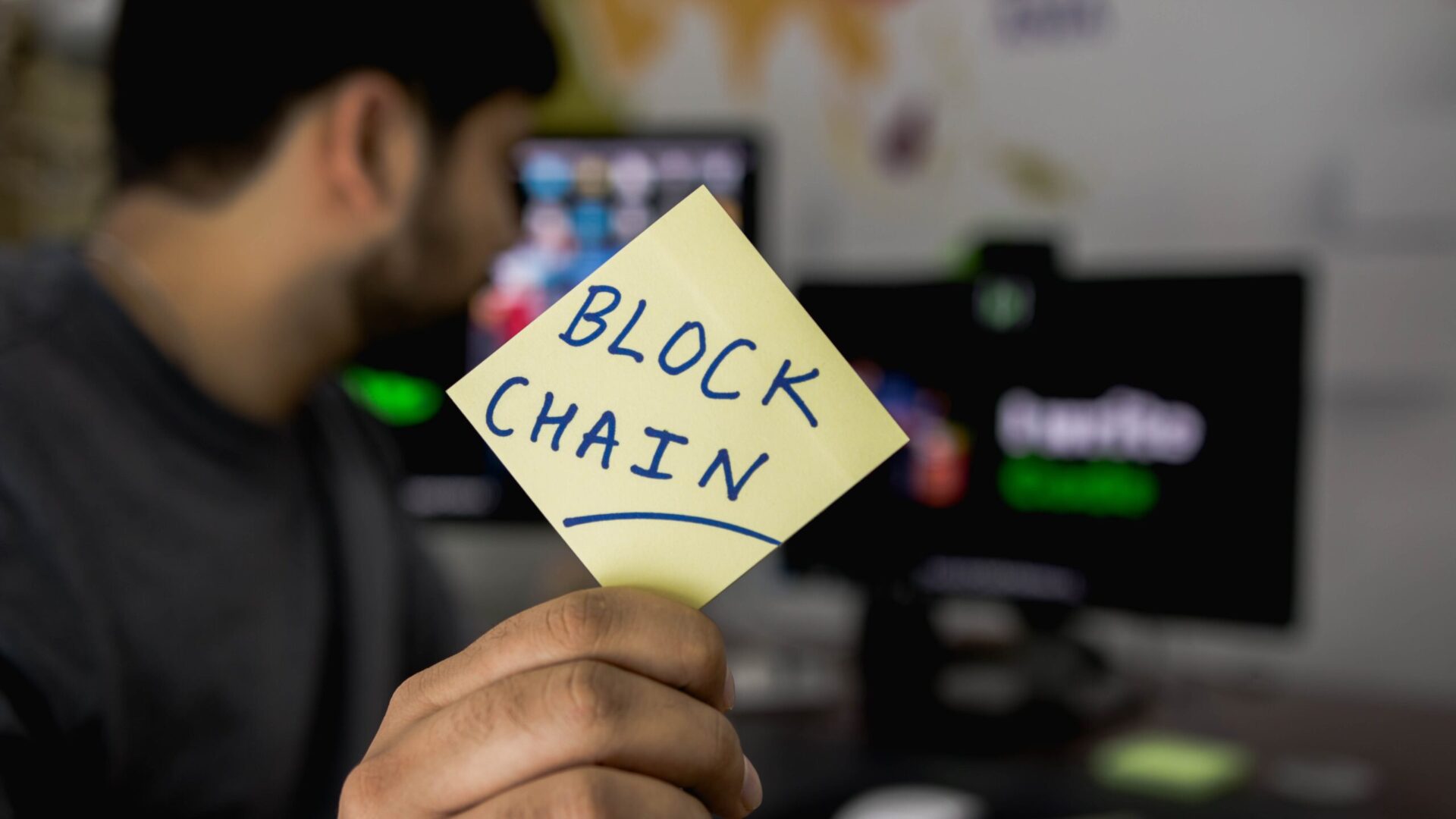In today’s rapidly evolving digital landscape, digital coins have emerged as a prominent force in the modern economy. These decentralized currencies, built on blockchain technology, offer a range of benefits, from secure transactions to revolutionary financial applications. In this comprehensive guide, we will review and compare some of the top digital coins in the market, equipping you with valuable insights to navigate the exciting world of cryptocurrencies.
Understanding Digital Coins
Before diving into the review and comparison, let’s gain a solid understanding of digital coins. Digital coins are digital assets that serve as a medium of exchange, typically built on blockchain technology. They can be broadly categorized into four types: cryptocurrencies, stablecoins, utility tokens, and security tokens. Each type serves a specific purpose in the digital economy, offering unique features and benefits.
Reviewing Top Digital Coins
- Bitcoin (BTC): Bitcoin, the pioneering cryptocurrency, needs no introduction. We’ll explore its history, technology, use cases, strengths, and weaknesses, shedding light on its status as the king of digital coins.
- Ethereum (ETH): As the leading smart contract platform, Ethereum has revolutionized the digital landscape. We’ll delve into its capabilities, decentralized applications (DApps), and examine its strengths and weaknesses.
- Ripple (XRP): Ripple stands out for its focus on cross-border payments, boasting partnerships with major financial institutions. We’ll analyze its role in the global financial ecosystem and evaluate its strengths and weaknesses.
- Additional Digital Coins of Interest: We’ll briefly touch upon other noteworthy digital coins, such as Litecoin (LTC), Cardano (ADA), Polkadot (DOT), Binance Coin (BNB), and Stellar (XLM), highlighting their unique features and potential.
Comparison of Digital Coins
To make an informed decision, it’s crucial to compare digital coins across various dimensions:
- Market Capitalization and Price Performance: We’ll assess the market capitalization and price trends of each coin, providing insights into their popularity and long-term viability.
- Technology and Blockchain Infrastructure: The underlying technology and blockchain infrastructure greatly influence a coin’s capabilities. We’ll evaluate the technological foundations of each coin, considering factors like scalability and security.
- Transaction Speed and Scalability: Speed and scalability are crucial for widespread adoption. We’ll compare the transaction speeds and scalability solutions of the reviewed digital coins.
- Governance Models: The governance models of digital coins impact decision-making processes and future developments. We’ll explore the governance structures of each coin, highlighting their strengths and potential challenges.
- Use Cases and Real-World Applications: The practical applications of digital coins differentiate them in the market. We’ll examine the use cases and real-world adoptions of each coin, gauging their potential impact.
- Security and Regulatory Considerations: Security and regulatory compliance are paramount in the digital realm. We’ll discuss the security measures and regulatory landscape surrounding each coin.
- Community and Development Support: A vibrant community and robust development support contribute to a coin’s success. We’ll evaluate the communities and development ecosystems behind each coin, emphasizing their strengths.

Factors to Consider when Investing in Digital Coins
Investing in digital coins requires careful consideration. We’ll outline key factors to keep in mind:
- Risk Assessment and Volatility: We’ll discuss the risks associated with investing in digital coins, including market volatility, and provide tips for risk assessment.
- Market Trends and Analysis: Staying updated with market trends and conducting thorough analysis is essential. We’ll offer insights into analyzing market trends and utilizing tools for informed decision-making.
- Project Team and Leadership: The competence and vision of the project team impact a coin’s trajectory. We’ll explore the significance of team dynamics and leadership in digital coin projects.
- Fundamental Analysis and Roadmap: Conducting fundamental analysis and evaluating a coin’s roadmap is crucial for assessing its long-term potential. We’ll discuss key elements to consider during fundamental analysis.
- Technical Analysis and Trading Patterns: Technical analysis and understanding trading patterns can aid in making strategic investment decisions. We’ll provide an overview of technical analysis techniques and trading patterns.
- Diversification and Portfolio Management: Building a diversified portfolio and managing investments is vital for mitigating risks. We’ll share strategies for diversification and effective portfolio management.
Summary:
In this comprehensive guide, we’ve reviewed and compared some of the top digital coins, equipping you with valuable insights to navigate the dynamic cryptocurrency landscape. By understanding the strengths, weaknesses, and unique features of each coin, as well as considering various factors when investing, you can make informed decisions aligned with your financial goals. As digital coins continue to reshape the global economy, stay informed, and seize the opportunities that lie ahead.
Remember, investing in digital coins carries risks, and it’s crucial to conduct thorough research and seek professional advice before making any investment decisions. Happy investing!






